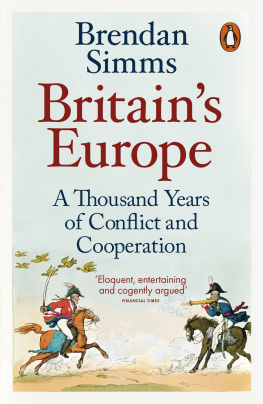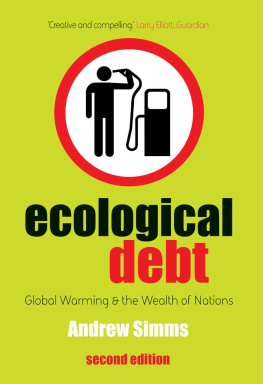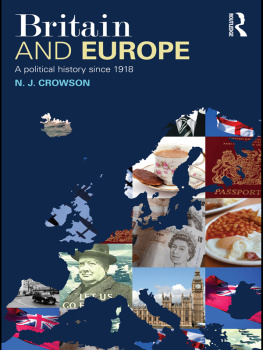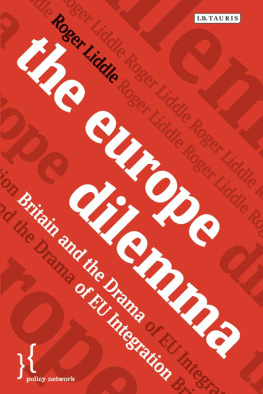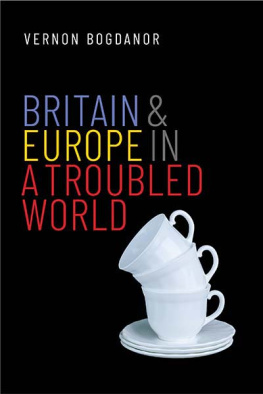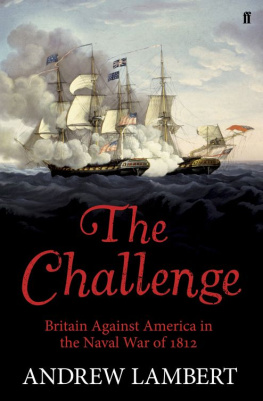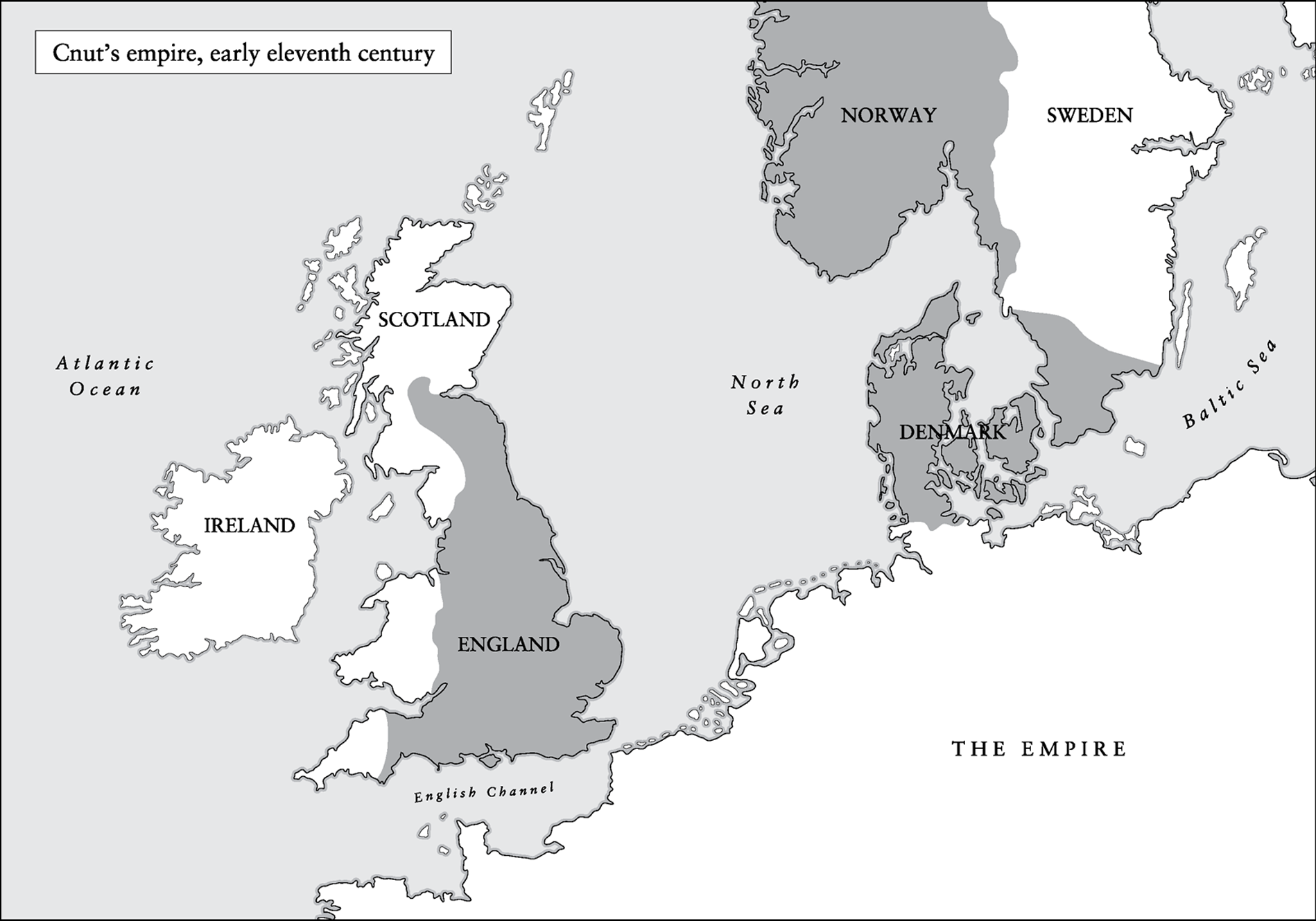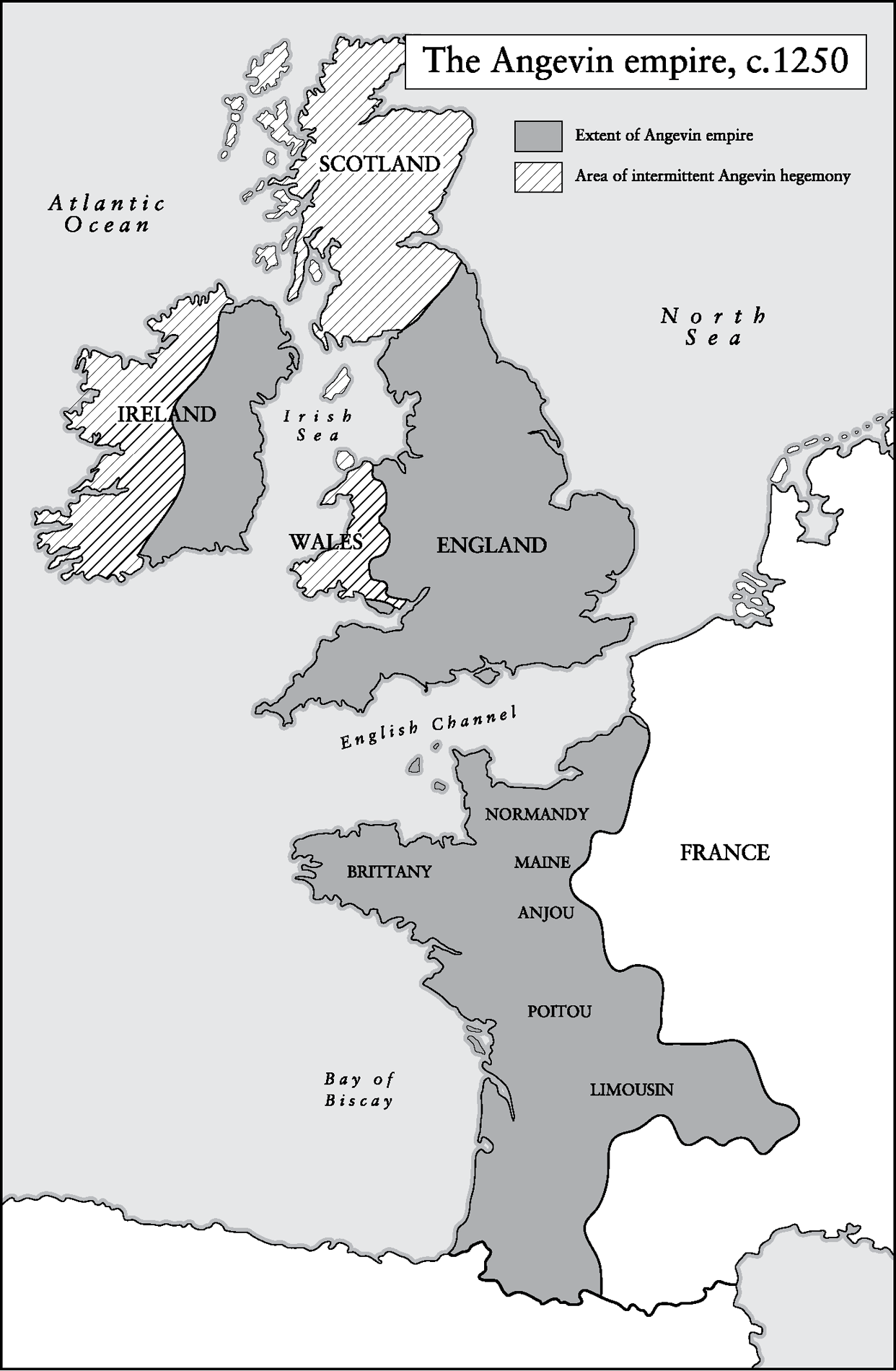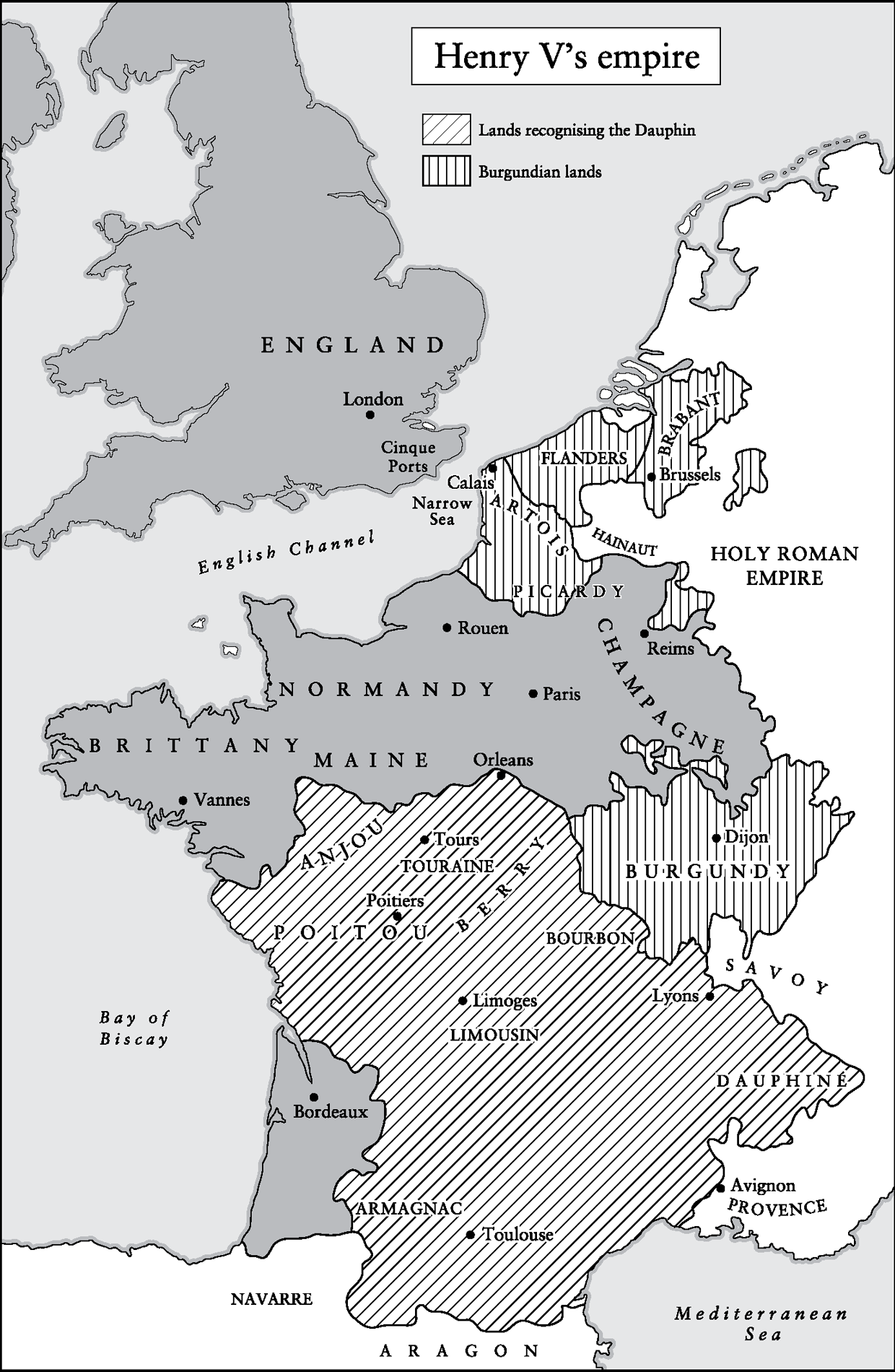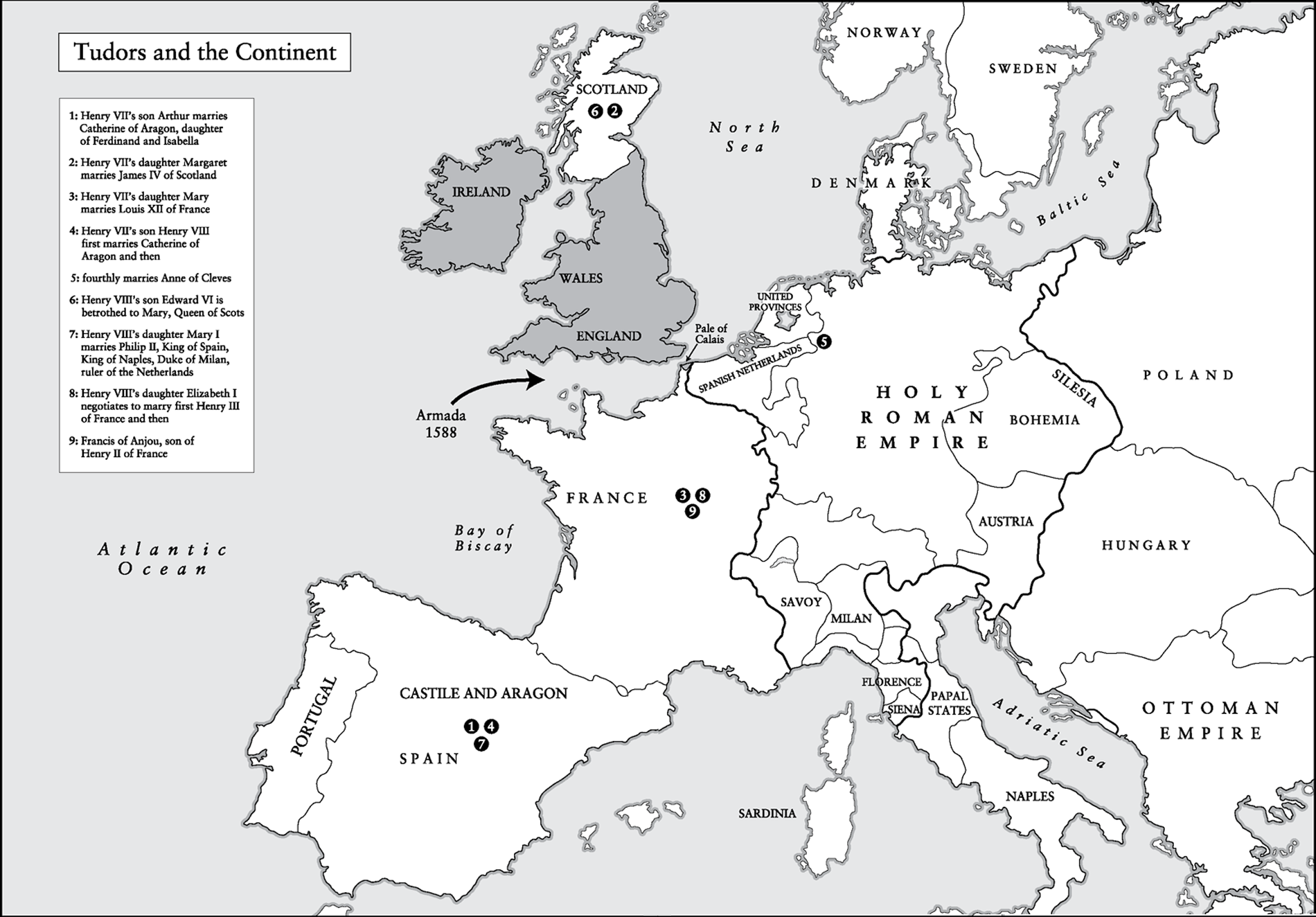Contents
Brendan Simms
BRITAINS EUROPE
A Thousand Years of Conflict and Cooperation
ALLEN LANE
UK | USA | Canada | Ireland | Australia
India | New Zealand | South Africa
Allen Lane is part of the Penguin Random House group of companies whose addresses can be found at global.penguinrandomhouse.com
First published 2016
Copyright Brendan Simms, 2016
Cover design by Antonio Colao
Cover illustration Bridgeman Images
The moral right of the author has been asserted
ISBN: 978-0-141-98389-9
THE BEGINNING
Let the conversation begin...
Follow the Penguin Twitter.com@penguinUKbooks
Keep up-to-date with all our stories YouTube.com/penguinbooks
Pin Penguin Books to your Pinterest
Like Penguin Books on Facebook.com/penguinbooks
Listen to Penguin at SoundCloud.com/penguin-books
Find out more about the author and
discover more stories like this at Penguin.co.uk
To Anita
List of Maps
I am deeply impressed with the melancholy and doubtful character of the prospects which hang before Europe I think it would be rash on our part to indulge in too sanguine anticipations If we look forward to the future, no doubt it is necessary for us to consider what is the position of this country with reference to Europe at large; and for my own part, separating the position of this country, ideally and for purposes of argument, for a moment from that of Europe, I cannot but feel that we have some reason to be thankful thankful for the position of the country, and thankful for the union of the people
But I admit, and am the first to assert that, whatever be that security, power, and independence, we have no right to wrap ourselves up in an absolute and selfish isolation. We have a history, we have traditions, we have living, constant, perpetual, multiplied intercourse and contact with every people in Europe. We should be unworthy of the recollections of our past, unworthy of our hopes of the future, unworthy of the greatness of the present, if we disowned the obligations which arise out of these relations to others more liable to suffer than ourselves.
William Gladstone, speech to
House of Commons, 9 February 1871
Introduction: Our European Story
Michelet It is a powerful narrative, which is often much more nuanced than the summary above suggests and which, despite this authors reservations, deserves respect.
This book will argue the contrary view that the history of England, and race will be practically ignored. The approach throughout will be relentlessly and unapologetically Whiggish, both in the insistence on the centrality of Europe and in the identification of a clear line leading from the past to the present, though not necessarily into the future.
We will begin with a short introduction showing how England was tied to the continent by the bonds of Christendom and similar socio-political structures. We will note how England itself emerged in the struggle against the Vikings, and then developed a strong national identity and political focus in what came to be known as Parliament. This will be followed by a which shows how England lost her territorial link to Europe at the end of the Hundred Years War but rediscovered it at the start of the Hanoverian period. It will show how the continent nonetheless remained the principal reference point in British policy and politics, even more so after the onset of the Reformation. The chapter will also show how the United Kingdom itself was invented as a parliamentary union in response to the pressures of the European system, and that it has punched above its weight in the world ever since. Much of continental Europe, by contrast, had already lost its representative structures or was about to do so.
The following chapters attempt a thematic examination of Britains highly sophisticated understanding of Europe in the eighteenth and early nineteenth centuries. , The bulwarks of Great Britain, shows how the continent was at the forefront of strategic and political debate in Britain throughout. The balance of power, and the connection between the central European balance and those of the peripheries, was crucial to the defence of British parliamentary freedoms. In the minds of contemporaries, the liberties of Europe and those of the United Kingdom were closely connected. These The great bank of Europe, picks up these themes and explores how they carried forward into the Napoleonic Wars, when Britain used her vast resources to marshal continental coalitions in support of re-establishing the balance of power in Europe and thus the basis for her own prosperity and liberty.
In the nineteenth and early twentieth centuries, Europe was, as Winston Churchill suggested well before the First World War, Where the weather came from. The next , Under a single sway reminds us how London was determined to prevent Eurasia and, in particular, Europe from being dominated by a single power, especially a totalitarian one. This centrality of Europe to British history during the era of the two world wars is too obvious to require much retelling.
Our destiny has been to help shape Europe () deals with the period from 1945 to the present day, when the European question posed and poses itself in ways at once familiar and new. The security of Europe in the face of Soviet aggression remained the central preoccupation of British grand strategy and often had a profound suggests that, despite all the economic and political changes of the past seventy years, the UK remains a great power and the only European one at that. This is because her highly resilient social and political systems, which developed over centuries in response to European pressures, have enabled her to weather so many storms in the past, and will most likely do so in the future. The book concludes with a proposal of how to reconcile Britains need for stability on the continent, which can be achieved only through the complete political integration of the eurozone, with the British peoples desire to preserve the sovereignty of the United Kingdom. It suggests that what is required is not so much a European Britain as a British Europe.
Maps

